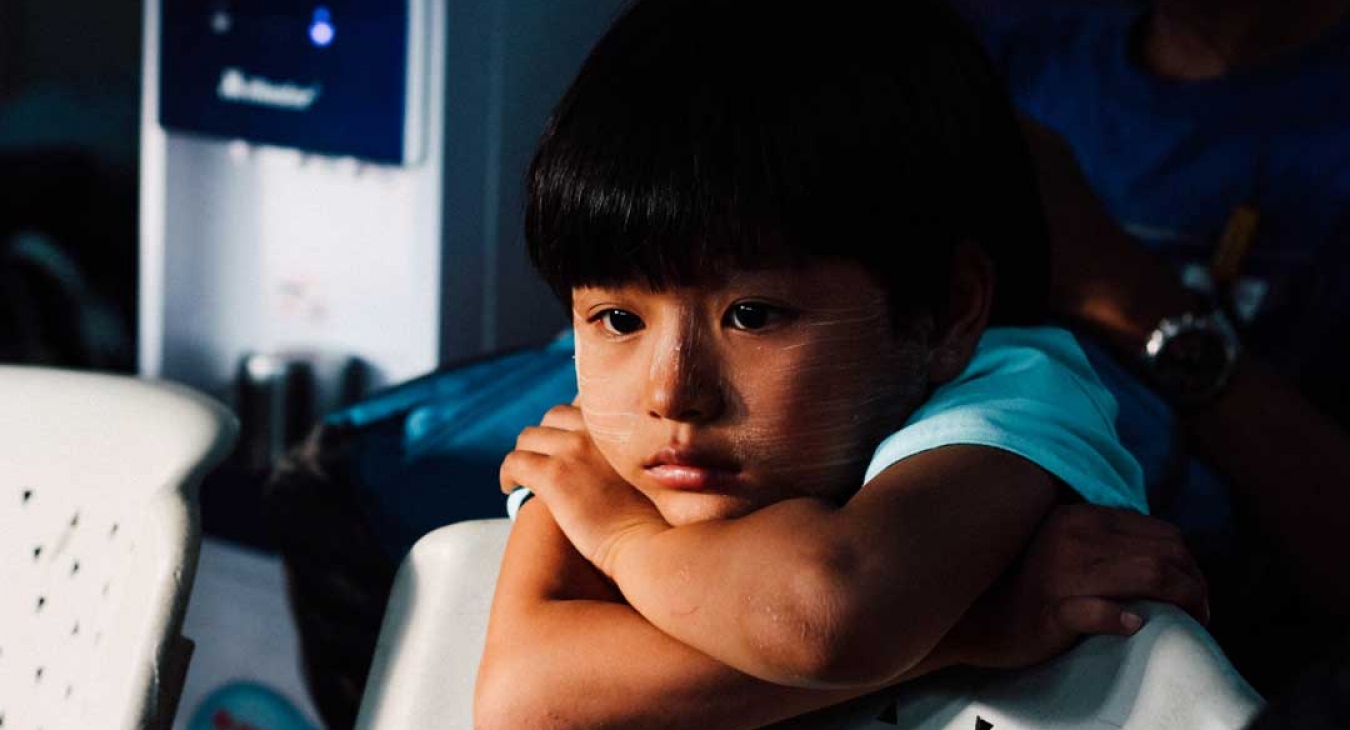Recognizing Emotional Distress in Children
Everyone has mood swings. It’s completely natural to feel happy one moment and then angry the next because there are usually underlying factors that influence why we feel that way. For example, maybe the reason you got angry after being happy was that you realized you were tired or hungry. However, sometimes mood swings are a sign of something larger and deeper than hunger or fatigue. It’s important to learn to recognize when a mood swing, or another sign, is an indication of emotional distress.
Signs of Emotional Distress
Fatigue
Depression and anxiety are like the plague. It’s so common for so many that we don’t even recognize the signs of it or we don’t listen when our friends and neighbors are practically begging for help. One of the clearer signs of emotional distress is fatigue. If your child is sleeping more or less than usual, pay closer attention to them. Listen to their complaints of why they can’t sleep or why they are so tired… is it because of something that could be causing them stress?
Eating
As you pay close attention to the amount of sleep your child is getting, also keep watch over how they eat, or if they are losing or gaining weight. When stress affects us, it’s not only mentally, it also affects us physically. Stress, without changing diet or exercise, can cause us to lose or gain weight. Sometimes, if your child is being obsessive about food or their bodies, it could be because of an eating disorder which will cause more emotional distress and affect them in other areas besides at the table.
Withdrawing
When someone feels emotionally and physically exhausted, they don’t usually want to spend time participating in their hobbies or being with friends. If you sense your child starting to pull away from their favorite pastimes, friends, or family, it could be an indication that there is a stress overload or other emotional issues.
Some children experience emotional distress which develops into depression or anxiety through their biology and temperament. In other children, emotional distress is a result of stress, trauma, bullying, or child maltreatment. Children and teenagers go through so much change--mentally, physically, emotionally--that going through emotional distress can sometimes feel extremely overwhelming. When untreated, children with depression are more likely to develop clinical depression and adopt addictive habits like alcohol or drug abuse later in life. So, what can you do when you recognize the signs of emotional distress?
Taking Action
Talk About It
Talking about feelings and personal stress can feel uncomfortable, especially for children as they can’t always communicate how they feel. Help them to understand what they are experiencing by talking about it. Tell them you are worried and saying something like, “Tell me what’s going on so I can help.” This can help both of you understand how their stress is affecting them. However, unless you are a licensed psychologist and they are your patient, don’t act like their therapist. If they do inform you that they are experiencing feelings of depression or anxiety, find someone that specializes in mental health services to provide help.
Help in Change
Some things that can help people with depression feel better are better diets, more physical activity, and relaxation. If even just one of your children is depressed, put together a whole new healthy eating plan and get your whole family on board. Have menus full of veggies, fruits, and whole grains. You can also choose a physical activity that the two of you could try together, or maybe sign them up for a class you think they’d like to do on their own. Show them support as they begin to accept and conquer their emotional distress.
As a parent, it can be difficult to communicate with your child and to understand what they are going through. Sometimes it does seem like the way they are acting is just one big mood swing. Learn to read between the lines and recognize the emotional distress in your children and get them the help they need.
Photo by Chinh Le Duc from Unsplash







